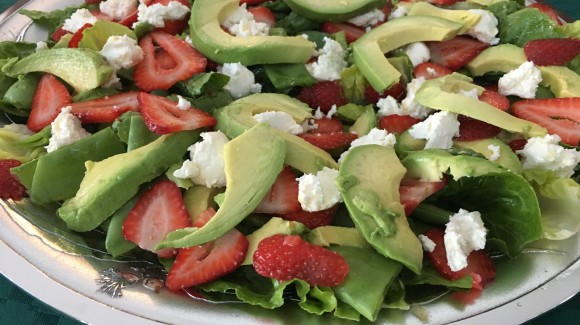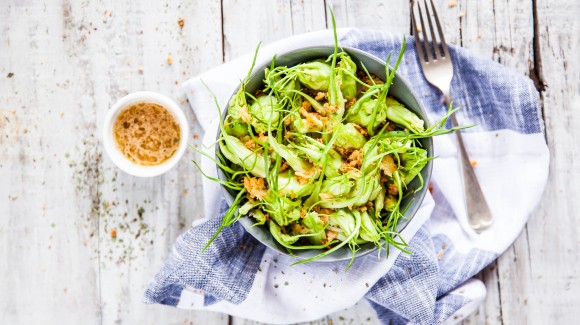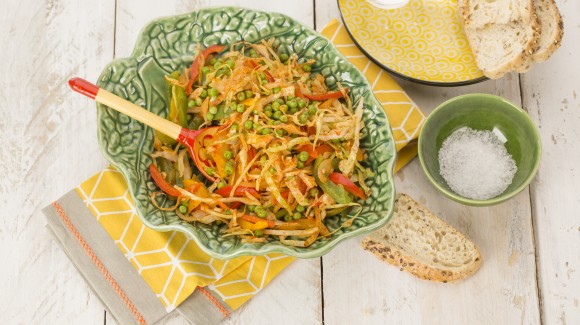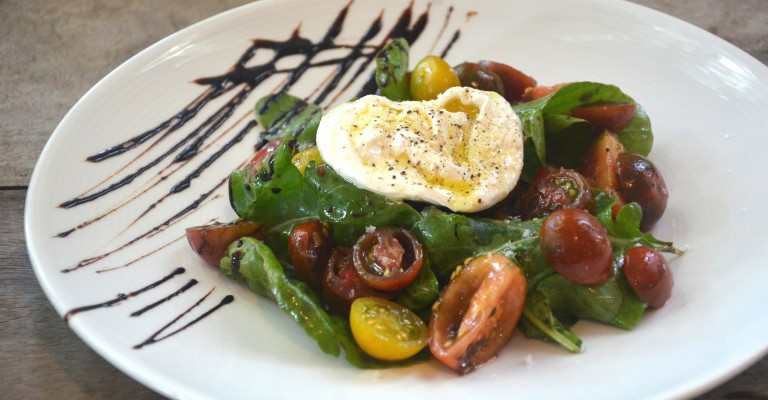There is so much to talk about when it comes to tomatoes. Are they a fruit or a vegetable? Why do some people not enjoy eating raw tomato but love it when cooked?
To begin, tomatoes originated in the South American Andes around the area of modern day Peru and were first used as a food by the Aztec’s in Southern Mexico.
Scientifically speaking, a tomato is a fruit. As far as cooking is concerned, tomatoes are often called a vegetable because they are used in savoury rather than sweet cooking.
Certain key taste receptors are responsible for preventing some people from appreciating the rich, sweet, meaty flavour of raw tomatoes that others adore. Tomatoes have something on the order of 400 volatile compounds and who knows which one of those (or combination thereof) might be responsible for the harsh reaction some experience in response to raw tomatoes.
While cooking tomatoes for just two minutes may decrease their vitamin C content by 10 per cent, whether you roast them slowly or make a cooked sauce, this also helps to break down the plant cell walls allowing us to better absorb the antioxidant lycopene. All these nutrients help to safeguard our cells from environmental damage, may protect us from certain cancers and are heart-friendly.
Tomatoes are rich in vitamin A and vitamin C. These vitamins, also called antioxidants, are known to fight off the effects of free radicals, known to cause cell damage in the body.
Tomatoes are an excellent food for aiding in vision improvement due to their high concentration of vitamin A. Tomatoes also contain a high amount of chromium, which has been proven to be helpful in controlling your body’s blood sugar level.
The presence of potassium and vitamin B help to lower high cholesterol levels and blood pressure. This can aid in the prevention of heart attacks and strokes.
Preparation
Balsamic reduction
In a small pot set over medium high heat, bring balsamic vinegar to the boil. Once boiling, reduce to low heat and simmer for approximately 10-15 minutes, or until vinegar has reduced. A good way to know if it has reduced enough is when it is able to coat the back of a spoon.
Remove from the heat and allow to cool before pouring into a container.
Salad
Gently toss the tomatoes, basil and rocket with ½ cup of the black garlic vinaigrette, season with salt and pepper.
Divide the salad between 6 plates.
Cut the burrata in half and place a piece on each plate of salad.
Season liberally with sea salt, fresh ground black pepper and olive oil.
Carefully drizzle the balsamic reduction on the plate.
Tips from the author
Store tomatoes like fruits at room temperature rather than in the fridge, to optimise the ripening process and increase the levels of that valuable lycopene.
Related salads chosen by others

Aussie Christmas salad
Average 3 of 5 stars
Italian puntarelle salad with pecorino crumble
Average 3 of 5 stars

